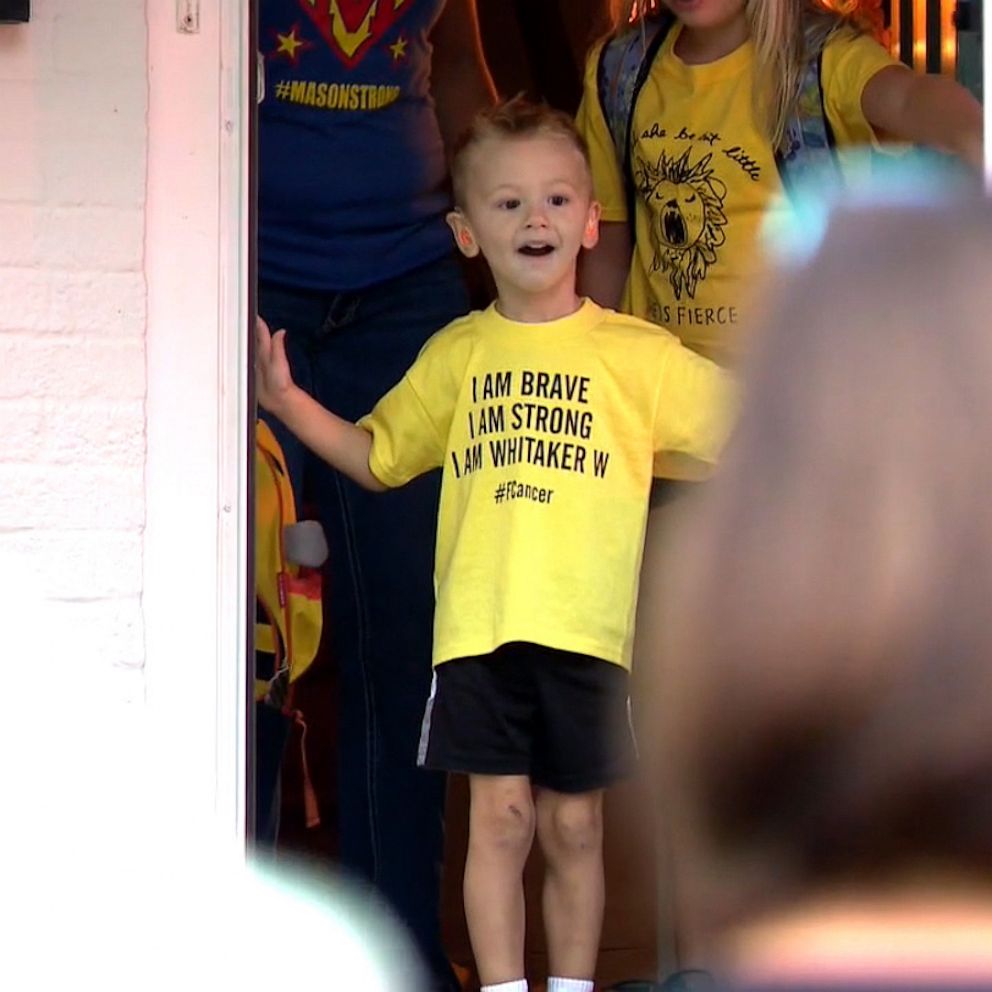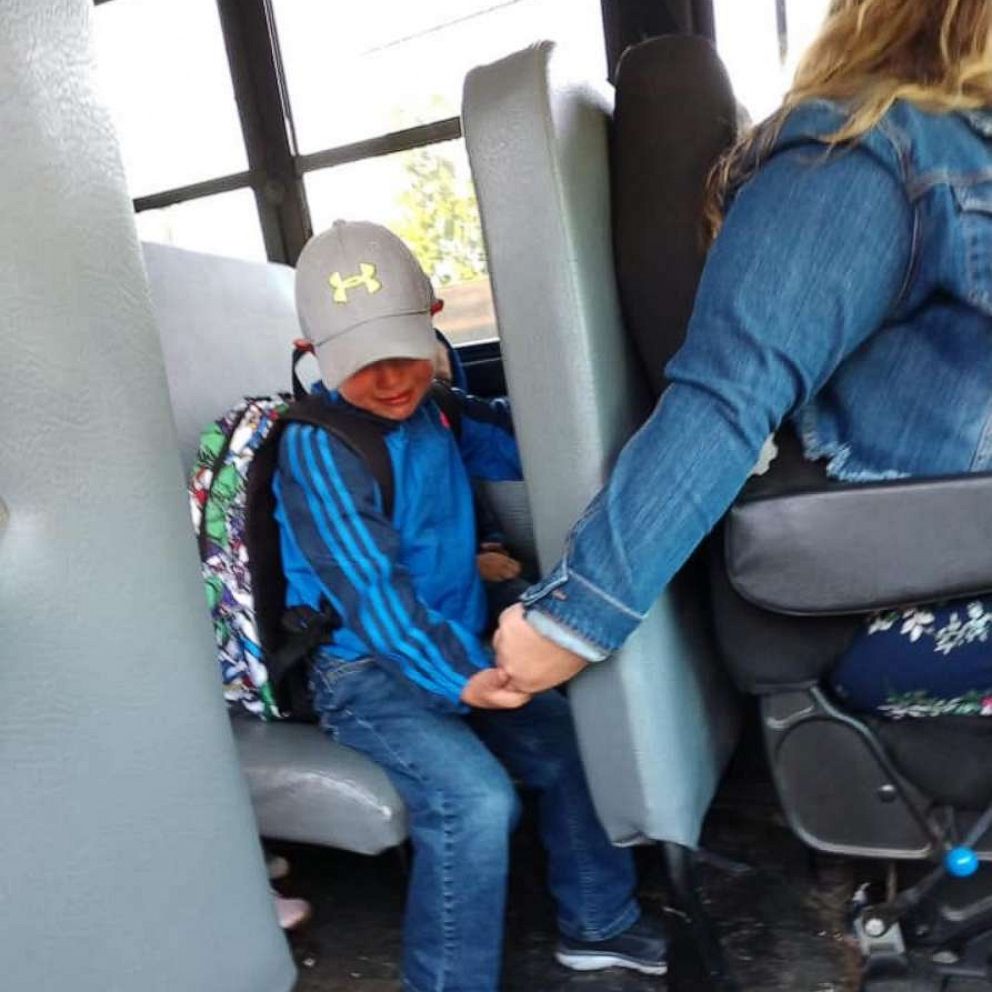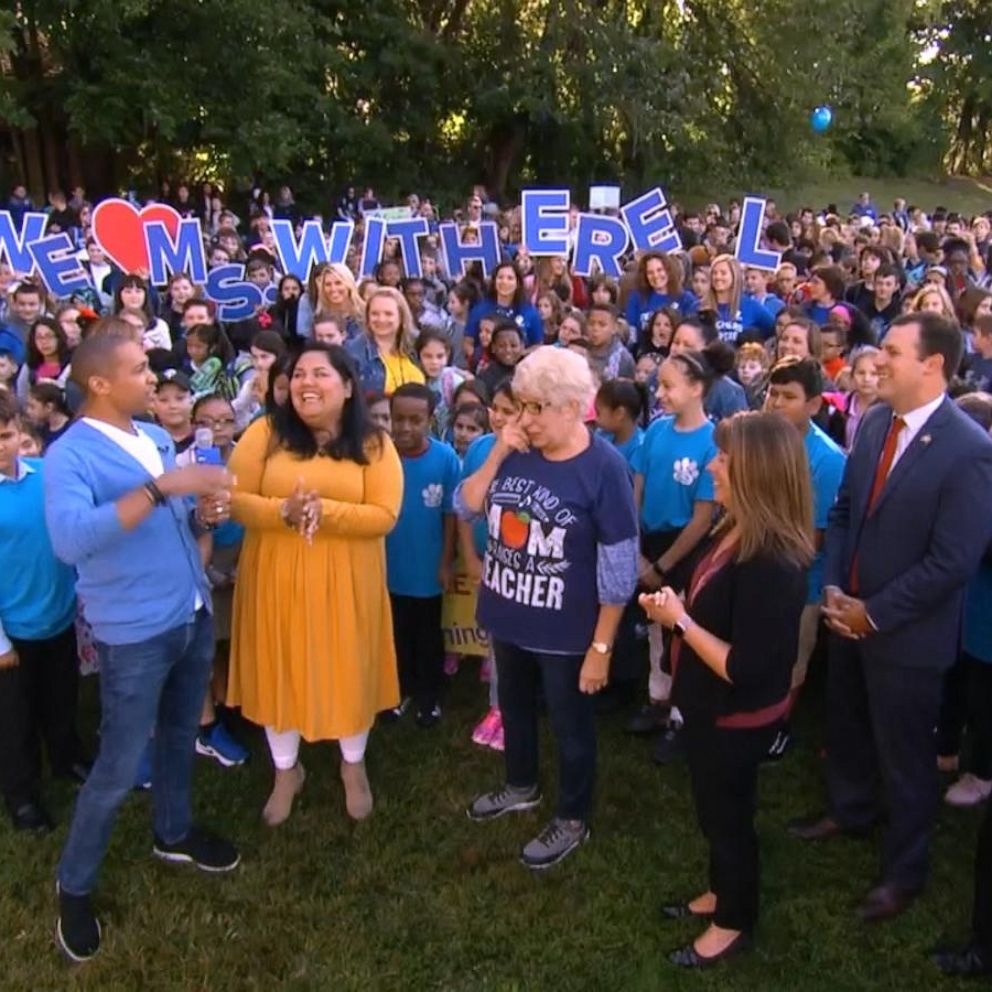This 1-year-old just met the only doctor who may be able to cure his rare disease
Jason and Tara Borofka were hopeless. Then they found Dr. Michael Palladino.
When Jason and Tara Borofka took their adorable 1-year-old named J.T. in for a checkup when he was 2 months old, the pediatrician said he looked a little pale. The doctor ran a blood test, it showed J.T. had lower levels of iron and hemoglobin -- a blood cell count -- than a typical baby at his age.
They later discovered that J.T. had a type of anemia, which is a shortage of red blood cells.
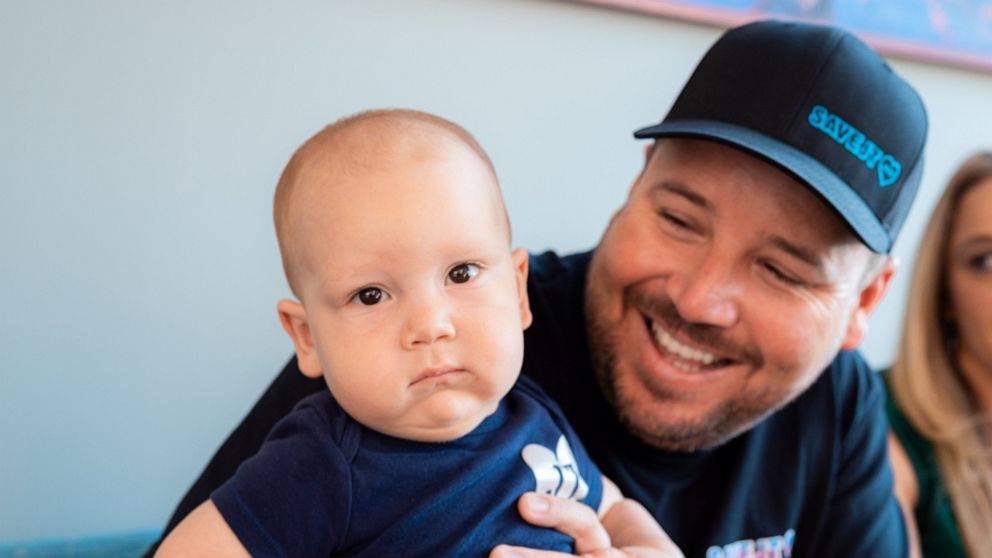
The Borofkas were referred to another hospital. While there, his parents said J.T.’s hemoglobin blood cell level dropped so much that he needed an emergency blood transfusion.
“At that point, we knew something was really wrong,” Jason Borofka said.
J.T. was then diagnosed with triosephosphate isomerase deficiency, or TPI. It's a rare, inherited gene mutation that causes the deficiency of triosephosphate -- an enzyme-- and leads to the anemia. Doctors only give him two to five more years to live if untreated. But since there is no cure for the disease, even with supportive medical treatments, kids with TPI don’t typically live beyond childhood.
That’s likely because it is extremely rare. So rare, that there are less than 70 cases of it in the world, according to estimates from a doctor who studies TPI.
“Have you ever Googled something and only one page of Google is there?” asked Tara Borofka. “That’s how rare the disease is.”
The symptoms include muscle loss, muscle wasting and irreversible brain damage. Jason Borofka said the panic of searching and looking for help was driving them to the edge.
“In the beginning, it definitely felt like our world was crumbling,” Tara Borofka said. “There was no hope.”
There is believed to be only one doctor who studies TPI. The Borofkas, with the help of Stanford Children’s Health, found him.
And this is where the hope comes in.
Dr. Michael Palladino studies metabolic diseases, including TPI deficiency.
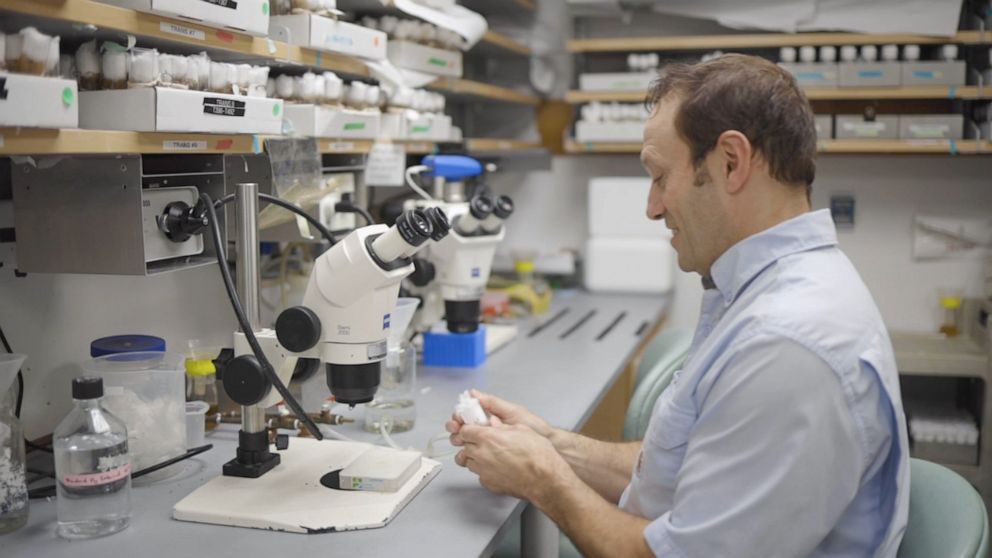
Palladino has been studying it for 16 years. During that time, he said he’s been contacted every 12 to 18 months by parents or a clinician asking about his research. He's been in contact with people from France, Russia and Italy.
And now, a couple from California.
Because the disease currently lacks a treatment, they don’t have access to anything preventive or curative. One patient, like J.T., is on a diet change. It isn’t proven that it works, but the families understandably want to try anything they can.
“Kids are dying a horrible death of this disease and someone should be studying it,” Palladino said. “Biotech companies aren’t going to pursue it. There’s no profit to be had in it. So it seems like a good thing for an academic to study.”
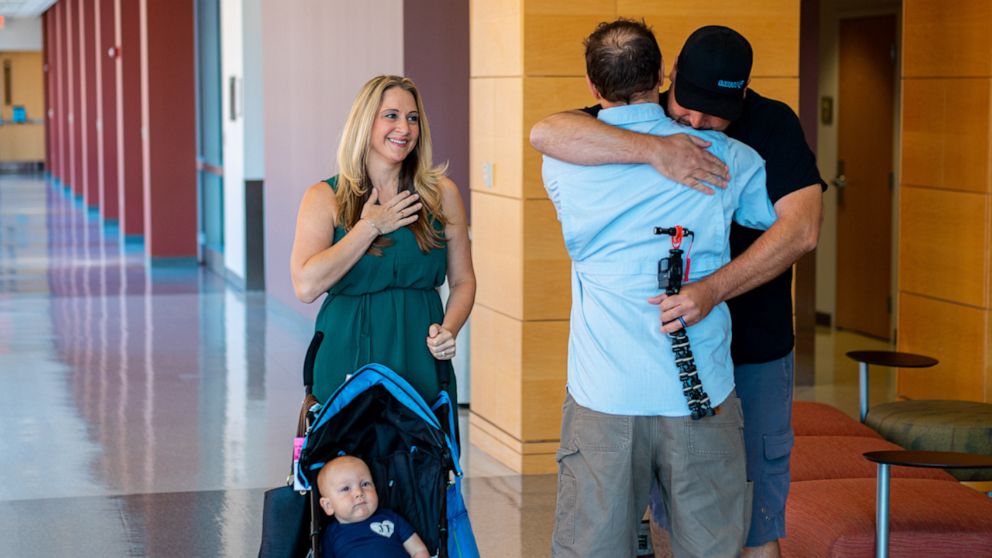
The Borofkas exchanged texts, calls and emails with Palladino. They even traveled to meet him at the University of Pittsburgh School of Medicine.
Now, the clock is on to fund research that could save J.T.’s life. The Borofkas are aggressively fundraising so Palladino can hopefully find a cure. Their goal is to raise about $1.2 million. They have raised about $200,000 so far. They have events scheduled through November to try and reach this goal.
“It’s one event after another,” Tara Borofka said. “We have hockey tournaments coming, bowling tournaments coming, a barn dance coming, paint nights coming.”
They even started a clothing line in honor of J.T. Jason Borofka said they sold more than $10,000 worth of clothes to people all around the country.
“All of that is going right back to [Palladino's] lab," Jason Borofka said. "As much as we can possibly fund and funnel it back here because right now, we truly believe this is our best shot.”
There’s no happy ending yet. But there is something else.
“When we discovered that Michael Palladino could find a treatment and could discover something, you go from being down here to like, ‘Yay!’ you know? It gives us hope," Tara Borofka said.
